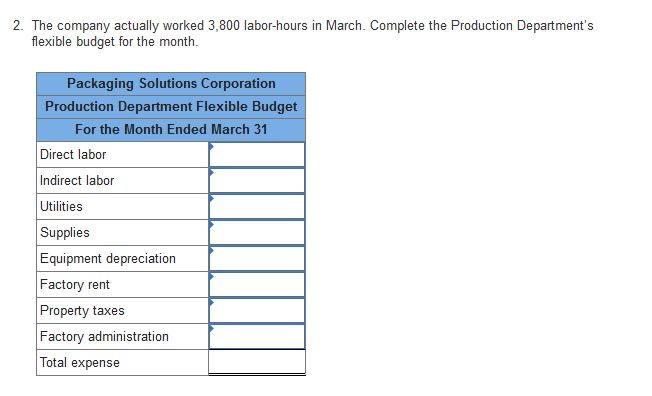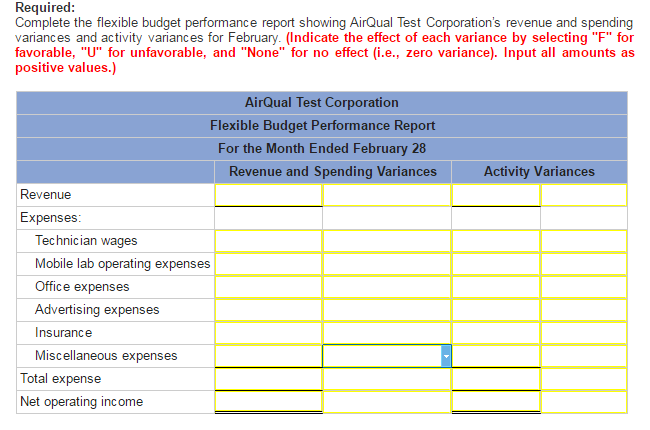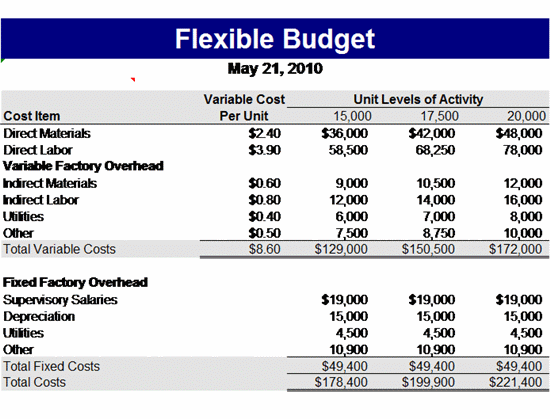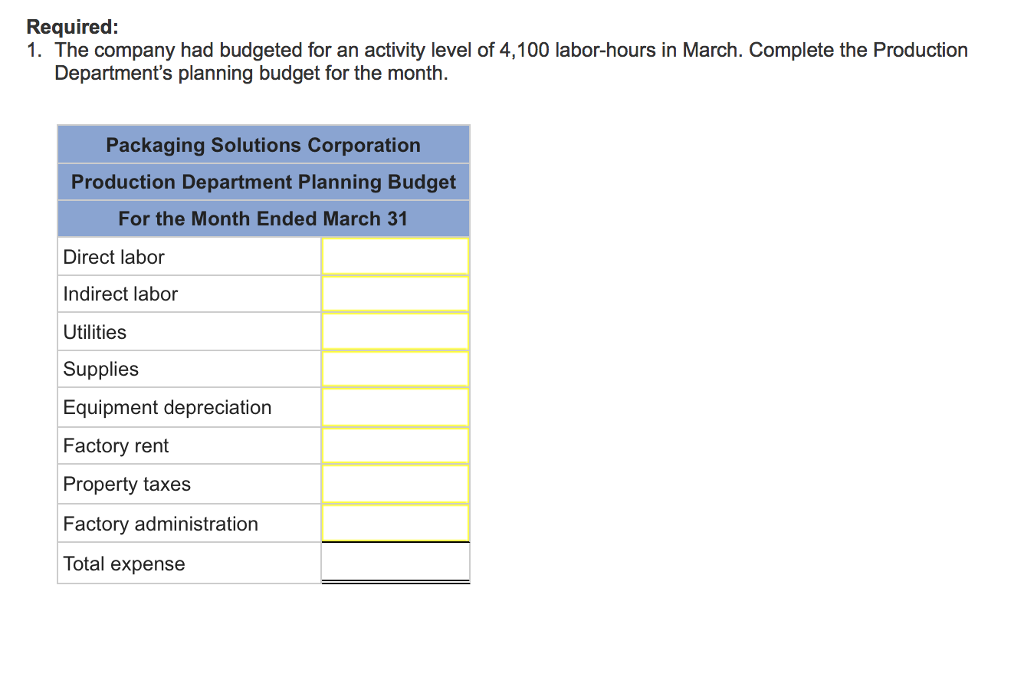

- Fixed versus flexible expenses worksheet code#
- Fixed versus flexible expenses worksheet Offline#
- Fixed versus flexible expenses worksheet download#
- Fixed versus flexible expenses worksheet free#
Budgeting is a helpful tool to avoid falling into too much consumer debt.
Fixed versus flexible expenses worksheet free#
Tip #31 in the free booklet 40 Money Management Tips Every College Student Should Know advises that one of the best ways to keep track of your money is to use a spending plan or budget.

Fixed versus flexible expenses worksheet Offline#
Use the interactive worksheet below or print a printable version for offline use. Tweets by WWUFinAid Financial Aid Services Center Budgeting Worksheet Make a Spending Plan to Meet Your Financial Commitments
Fixed versus flexible expenses worksheet code#
Statement of Ethical Principles and Code of Conduct.
 Federal Emergency Financial Aid (HEERF I, II, and III) Grant Reportage. Request Revisions to your Financial Aid. Make money management a routine: Review your spending patterns and records each week or bi-weekly at a set time. Choose a record-keeping system: Whether it’s a notebook or an app, decide where your budget information will live and stick to it. Don’t forget the little expenses that add up: clothing, ATM fees, dinner out, data overages, etc. Consider a separate bank account for fixed costs and automatic payment plans, so your casual spending won’t leave you short for must-pay bills. Once you’ve paid off your debt, transfer that same monthly amount into a savings account for a future goal. Do you need to subscribe to both Netflix and Hulu? If your fixed expenses are high, reconsider your expenses. You can’t predict every expense that arises. But if your monthly balance leaves you in the black-or better still, with income left over-keep up the good work! You’ll be glad you did. Being able to assess your needs for managing your expenses start in determining whether the expenses that you are plotting are either fixed or flexible. If your expenses outpace your resources, you need to rethink your strategy. Did you stay on track? Was there a shortfall? Are there adjustments that need to be made going forward? Wants are things that you could do without if you had to.Įvery month or two, measure how well your income is balancing against your expenses. Grade Level(s): 6 - 12 Key concepts: Budgeting, types of expenses or costs Choice, wants, and needs Opportunity cost and trade-offs Objectives: This lesson will help students learn to classify the expenses and to assess wants versus needs to guide them in building a household or personal budget. Needs are things required for daily life-food, clothing, housing, and unavoidable costs associated with being a student. wants. Needs obviously get priority, and every budget should cover those first. Know the difference between needs and wantsĪ good starting point for creating a budget is to designate needs vs.
Federal Emergency Financial Aid (HEERF I, II, and III) Grant Reportage. Request Revisions to your Financial Aid. Make money management a routine: Review your spending patterns and records each week or bi-weekly at a set time. Choose a record-keeping system: Whether it’s a notebook or an app, decide where your budget information will live and stick to it. Don’t forget the little expenses that add up: clothing, ATM fees, dinner out, data overages, etc. Consider a separate bank account for fixed costs and automatic payment plans, so your casual spending won’t leave you short for must-pay bills. Once you’ve paid off your debt, transfer that same monthly amount into a savings account for a future goal. Do you need to subscribe to both Netflix and Hulu? If your fixed expenses are high, reconsider your expenses. You can’t predict every expense that arises. But if your monthly balance leaves you in the black-or better still, with income left over-keep up the good work! You’ll be glad you did. Being able to assess your needs for managing your expenses start in determining whether the expenses that you are plotting are either fixed or flexible. If your expenses outpace your resources, you need to rethink your strategy. Did you stay on track? Was there a shortfall? Are there adjustments that need to be made going forward? Wants are things that you could do without if you had to.Įvery month or two, measure how well your income is balancing against your expenses. Grade Level(s): 6 - 12 Key concepts: Budgeting, types of expenses or costs Choice, wants, and needs Opportunity cost and trade-offs Objectives: This lesson will help students learn to classify the expenses and to assess wants versus needs to guide them in building a household or personal budget. Needs are things required for daily life-food, clothing, housing, and unavoidable costs associated with being a student. wants. Needs obviously get priority, and every budget should cover those first. Know the difference between needs and wantsĪ good starting point for creating a budget is to designate needs vs. 
Saving offers an added sense of financial security and stability, while creating a lifelong habit. The amount you put away doesn’t matter it all adds up. But the best thing you can do financially is to save a little every single month. If you have any resources left after all your expenses are paid, it’s easy to think of the extra as just more spending money.
Fixed versus flexible expenses worksheet download#
Download a budgeting app, keep a tracking document on your laptop, or carry a notebook. To find patterns in your spending, try organizing your purchases in an.
While monthly fixed expenses come with bills and reminders, flexible spending does not, so it’s up to you to keep track. While this includes your recurring living expenses, such as your rent or mortgage, car payment, and utilities, it also includes the more variable amounts you spend on haircuts, groceries, and clothes each month. There are two main types of expenses, fixed expenses and variable expenses. What are your flexible spending expenses? These include food not covered by a dining plan, clothing, and leisure activities. A first step to understanding budgeting is to understand your expenses. What are your fixed expenses-ones which do not change month to month? Include all housing costs not covered by financial aid, as well as utility and credit card bills, and other monthly payments. Do you have a job or jobs? What is the minimum income each job will provide after taxes and other withholdings? Never budget on the maximum. If you receive financial aid, will you receive a refund that you can apply to other expenses?. How much (if any) income will you be receiving from family or caregivers? Is it a fixed amount?. Use our budgeting worksheet tool → Identify your resources We’ve created a tool to help you make your own budget and figure out how much it might cost for a year at MIT. Keeping a close eye on where your money has gone helps you make wiser choices about where it should go. These expenses, like rent or mortgage, utilities, a car note, credit card payments and. The basics of budgeting are simple: track your income, your expenses, and what’s left over-and then see what you can learn from the pattern.








 0 kommentar(er)
0 kommentar(er)
